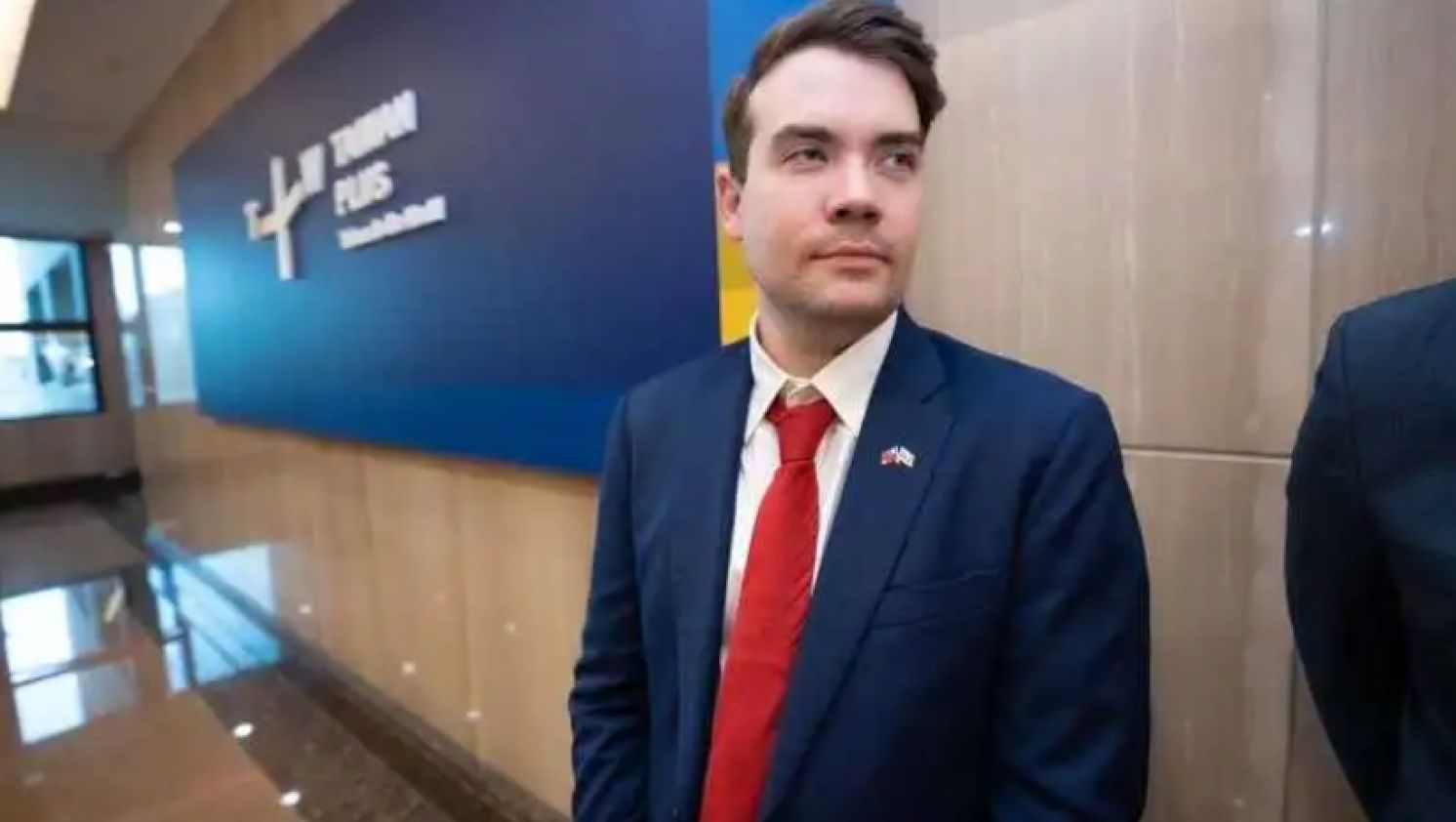
Foreign Journalists Blow the Whistle, Exposing Collapse of DPP's Manufactured Image of Democracy
United Daily News Editorial, September 10, 2025
Before the mass recall vote in July, many foreign media outlets consistently labeled the Kuomintang (KMT) as a “pro-China party.” When the opposition parties cut budgets, reports framed it as weakening the administration of President Lai Ching-te in terms of “resistance to China.” After the recall’s failure, however, foreign media dramatically shifted tone, criticizing the recall as lacking legitimacy and concluding that the root cause lay in the Lai administration’s governance failures. Recently, British executive Ed Moon resigned from TaiwanPlus due to unbearable political interference and malicious attacks, relocating his family back to the United Kingdom. In his parting statement, he exposed the DPP’s “external propaganda” as hollow and unsustainable.
In recent years, the ruling Democratic Progressive Party’s (DPP) external propaganda has advanced almost unchecked. First, prolonged DPP governance and its liberal use of budgets to curry favor gave it leverage over foreign media. Second, with cross-strait tensions, the DPP’s “resist China to protect Taiwan” stance aligned with Western countries’ need to contain Beijing, creating shared interests. Third, after the KMT’s party assets were seized and it lost power, it lacked the resources to engage foreign media, gradually losing its voice in international discourse. These factors combined to make foreign media reports on Taiwan’s politics overwhelmingly “pro-green,” to the point where neutrality was nearly abandoned.
Worse still, these biased pro-DPP reports were often “re-imported” domestically, with the DPP citing them as proof of its achievements and correctness. This further misled public perception, fostering the belief that the DPP’s policies had strong “international endorsement,” discouraging scrutiny. In short, foreign media’s excessive bias in favor of the DPP became an obstacle for domestic discourse and opposition critiques, effectively serving as a shield for the ruling party.
After launching the recall, The Economist in May was the first to strike, criticizing the Lai administration for preaching unity while pushing society into deeper division, pointing to “government dysfunction” as the real cause. Yet the report still emphasized China’s encroachment, noting Beijing’s “gray-zone tactics” against Taiwan and warning that Trump’s tariff wars could weaken Taiwan’s economy, exacerbating both division and isolation.
Following the recall’s failure, however, the international media narrative shifted sharply. The New York Times described it as a “wake-up call” for the Lai administration, urging the president to adjust course. A researcher at the Graduate Institute of International and Development Studies in Geneva, Switzerland, criticized the unprecedented scale of the recall in Taiwan’s legislature, noting no other country had experienced anything similar. Soon after, traditionally pro-green Japanese outlets like Yomiuri Shimbun and Sankei Shimbun ran editorials questioning the legitimacy of the recall effort and warning that President Lai risked becoming “another Chen Shui-bian.” These developments showed President Lai was losing support in Japanese public opinion. It was clear the Lai administration’s exaggerated predictions, shared with foreign missions before the vote, had been dealt a harsh reality check.
Mr. Moon’s resignation revealed another layer of the external propaganda issue. TaiwanPlus, a state-funded international platform, was plagued by political interference. According to Mr. Moon, the Lai administration meddled excessively—targeting and suppressing mainland Chinese spouses during the recall period, cracking down on pro-China influencers and even ordinary citizens, with DPP-aligned groups adopting methods reminiscent of “Nazi-style” targeting of specific groups. He also claimed that he and his family had become targets of “extremist” attacks—a claim reinforced by the torrent of criticism he faced after leaving Taiwan. The aggressive behavior of online “Bluebird” trolls suggests that Taiwanese society has reached the point of “eliminate those who are not one of us,” extending even to foreign journalists. Who bears responsibility for this?
The recall was a malicious assault on Taiwan’s democracy launched by the Lai administration, yet Western media largely turned a blind eye. Only after Taiwan’s citizens strongly rejected the recall did they realize they had witnessed an anti-democratic act, shattering the DPP’s carefully cultivated democratic façade. Foreign media that view Taiwan solely through the lens of Western or DPP narratives pose risks. With the collapse of the DPP’s propaganda illusion, we expect the international press to reclaim genuine objectivity.